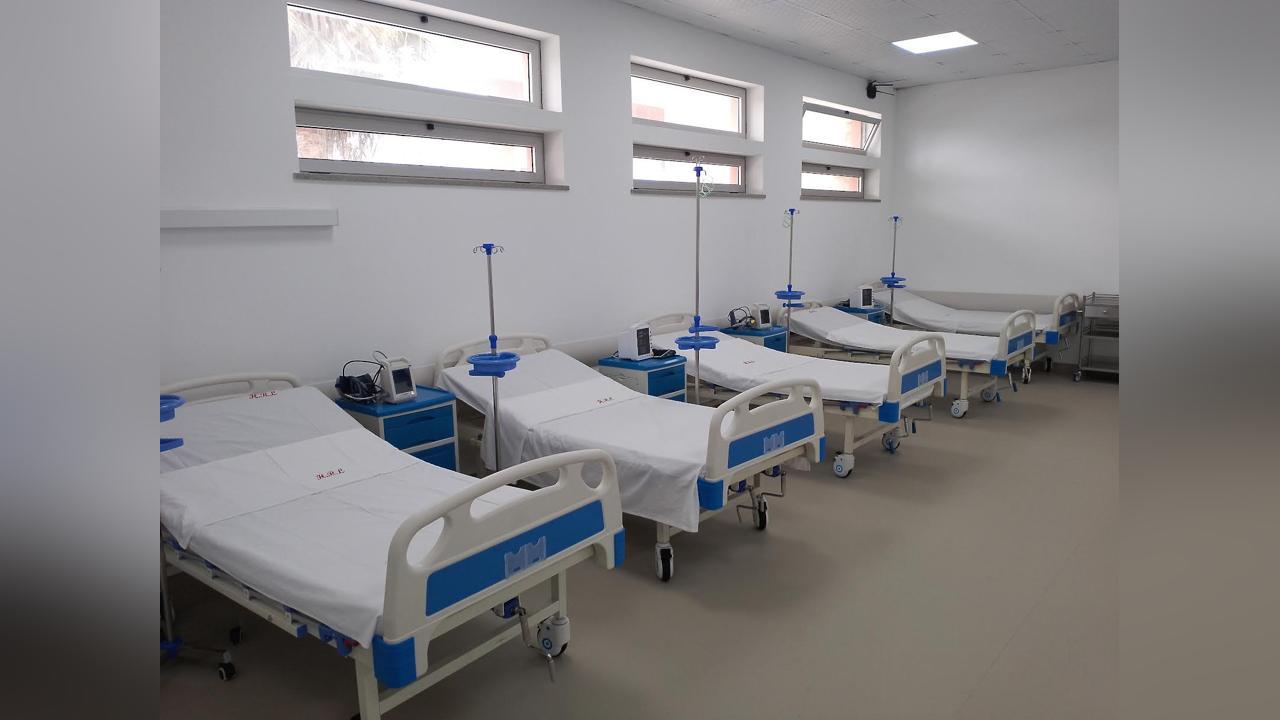Africa-Press – Gambia. A new research led by scientists at the MRC Unit – The Gambia has uncovered vital evidence that could fast-track the development of a vaccine against Streptococcus pyogenes (Strep A), a major cause of childhood illness and death worldwide.
The study, conducted in the urban town of Sukuta, followed over 400 individuals from 44 households for more than a year.
The findings published in Nature Medicine show for the first time in humans that children with higher levels of certain antibodies are better protected from future Strep A infections, bringing hope for a vaccine that can work against many strains.
“Our study shows that children under the age of 2 are commonly exposed to Strep A,” said Fatoumata Camara, the Scientific Officer who worked on the study alongside Dr Edwin Armitage and Dr Alex Keeley, the Principal Investigators.
“We now have evidence that certain antibodies may be helping protect against infections, and that these antibodies would be produced by vaccines that are on the horizon,” she continued.
Strep A is a silent killer, responsible for over 500,000 deaths annually, many linked to rheumatic heart disease. The burden is highest in low-income countries where early diagnosis and treatment are difficult. In The Gambia, frequent exposure to Strep A starts in infancy, and understanding how immunity develops in this context is critical to developing effective solutions.
Researchers observed that nearly 1 in 4 infants had already been exposed to the bacteria by their first birthday. Notably, skin infections were more common than sore throats. The team also studied mother – baby pairs from a previous vaccine trial to better understand antibody levels from birth.
“This research was made possible because of the trust and support of our community,” said Musukoi Jammeh Field Coordinator for the study. “Our field teams worked closely with families to collect samples and track symptoms. We are looking forward to sharing these results with the families who took part, as well as the Alkalo of Sukuta and the Officer in Charge of Sukuta Health Centre”, Musukoi concluded.
A step closer to a vaccine
This work addresses major barriers to Strep A vaccine development. By focusing the research in The Gambia, the study offers critical data to inform vaccine design that is both effective and relevant to the communities who would benefit most from vaccination.
“This is a major leap forward,” said Prof Ed Clarke, head of Vaccines and Immunity at MRC
Unit The Gambia. “It should provide encouragement for vaccine manufacturers to invest in Strep A vaccines but also provides hope that soon we can protect our communities in The Gambia with a vaccine.”
The study was part of the SpyCATS project (S pyogenes Carriage Acquisition, Transmission, and Serology), funded by the Wellcome Trust and supported by the Gambian Ministry of Health.
For More News And Analysis About Gambia Follow Africa-Press






